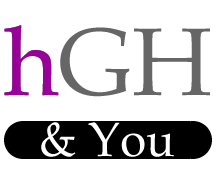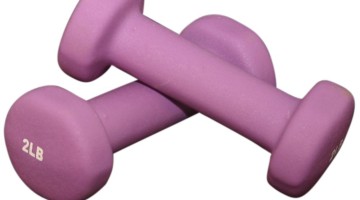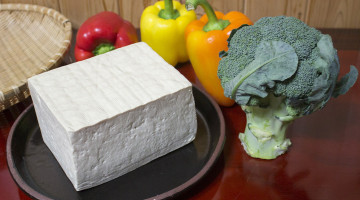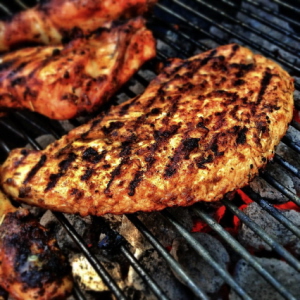Low carbohydrate diets seem to be increasingly popular. And, this is for good reason. The standard Western diet is high in processed simple carbohydrates and hydrogenated fats - both of which carry significant health risks. Low carbohydrate, high protein diets have been popularized by Atkins, South Beach and Stillman officionados.
However, eating a low carbohydrate diet does not necessarily mean eating a high protein diet. Yes, when you reduce the amount of carbs you necessarily increase the amount of something else that your eating, but it doesn't have to be protein. In fact, the best recommendation is that those calories are spread between proteins and healthy fats. This both increases the amount of satisfaction you feel after a meal and reduces the amount of insulin your body produces.
Another common mistake is not having all the information you need prior to starting to change your eating habits. Let's face it - a low carb dietary change is one you should be making for life and not just to drop a couple of pounds. Eating a low carb diet will reduce your risk for diabetes and a number of other inflammatory related illnesses. One of the issues you may face in the beginning are cravings for the carbohydrates you've given up. If you don't have sufficient information and knowledge about how to eat now and satisfy your cravings without giving in to the pasta or sugar craving, then you can fail just out of the gate.
In the past 20 years doctors began recommending limiting our fat intake, believing that it was the fat that caused the plaque build up on arterial walls and led to cardiovascular disease and stroke. However, more recent research has pointed to the inflammatory response in the body from sugar and simple carbohydrate breakdown that leads to an increase in your blood sugar as the culprit. (1)
Following the low fat recommendation, people turned to eating large amounts of protein to reduce both their fat and carb intake. However, healthy fats are necessary to feed both your brain and satisfy your hunger. Healthy fats include Olive oil, white meat chicken, frozen yogurt, avocados, nuts, olives, salmon, sardines and mackerel.
A lack of healthy fats and too much protein can also be a result of poor planning. Sometimes starting with and sticking to a new eating program can be a challenge. Before starting it's important to not only have the knowledge but also the planning started so when the munchies come in the middle of the afternoon, or dinnertime sneaks up unexpectedly you have a plan of what you can and can't eat.
One of the pieces of advice you'll get is that it is not necessary to count calories when you are eating a low carbohydrate diet. And, while you will be eating differently, burning calories differently, it doesn't mean that calories no longer have power over the scale in your home. Eat only when you are hungry, do not over eat and keep an eye out on the number of calories you are eating.
RESOURCES
HealthGuide: Choosing Healthy Fats - http://www.helpguide.org/life/healthy_diet_fats.htm
Harvard: Fats and Cholesterol - http://www.hsph.harvard.edu/nutritionsource/what-should-you-eat/fats-and-cholesterol/
Health: Good Fats, Bad Fats: How to Choose - http://www.health.com/health/gallery/0,,20477647,00.html
Unviersity of Michigan: Healing Foods Pyramid - http://www.med.umich.edu/umim/food-pyramid/fats.htm
Circulation: Sugar and Cardiovascualr Disease - http://circ.ahajournals.org/content/106/4/523.full





